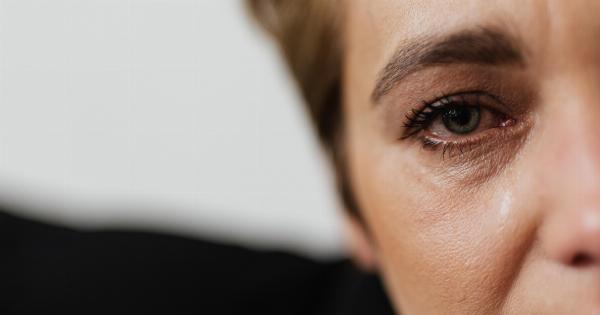A head injury in children can be a cause for concern, as it can lead to various complications, including concussions. Concussions are a type of traumatic brain injury that can occur as a result of a blow, jolt, or bump to the head or body.
Identifying whether a child’s head injury is a concussion is crucial for appropriate medical intervention and care. In this article, we will explore the signs and symptoms of a concussion in children and discuss how to determine if a child’s head injury is indeed a concussion.
What is a concussion?
A concussion is a mild form of traumatic brain injury (TBI) that affects the normal functioning of the brain. It can occur following a direct blow to the head or body or from an impact that causes the brain to shake within the skull.
While most concussions are not life-threatening, they require proper medical attention and monitoring to avoid potential complications.
Signs and symptoms of a concussion
A child may exhibit a range of signs and symptoms following a head injury, which can help determine if it is a concussion. It is important to note that some symptoms may not be immediately apparent and can develop over time.
Here are some common signs and symptoms of a concussion in children:.
1. Loss of consciousness
One of the most obvious signs of a concussion is a loss of consciousness, even if it is only for a brief period. However, it is essential to remember that not all concussions result in loss of consciousness.
2. Headache
A persistent or worsening headache is a common symptom of a concussion. The headache may range from mild to severe and may not be relieved with common painkillers.
3. Nausea and vomiting
A child who has had a concussion may experience nausea and may even vomit. These symptoms can occur immediately after the injury or even hours later.
4. Dizziness or balance problems
A child with a concussion may feel dizzy or have difficulty maintaining balance. They may appear unsteady on their feet and have trouble walking.
5. Fatigue and drowsiness
After a head injury, children may feel excessively tired or drowsy, even if they have had sufficient rest. This fatigue may persist for several days following the injury.
6. Sensitivity to light and noise
A child with a concussion may become sensitive to light and noise. They may find it challenging to tolerate bright lights or loud sounds, which can exacerbate their symptoms.
7. Vision changes
Blurred vision, double vision, or difficulty focusing can occur as a result of a concussion. These visual disturbances may resolve on their own, but it is essential to have them assessed by a healthcare professional.
8. Changes in cognition and memory
A child’s cognitive abilities and memory may be affected by a concussion. They may have trouble concentrating, experience confusion, or have difficulty recalling events or information.
9. Mood and behavioral changes
Concussions can also lead to changes in mood and behavior. A child may become irritable, anxious, or more emotional than usual. They may exhibit changes in their personality or have difficulty controlling their emotions.
10. Sleep disturbances
Children with concussions may experience changes in their sleep patterns. They may have trouble falling asleep, experience frequent awakenings, or have overall disrupted sleep.
When to seek medical attention
If you suspect that a child has sustained a head injury and may have a concussion, it is important to seek medical attention promptly. Immediately call emergency services if the child:.
Conclusion
Head injuries in children should never be taken lightly, as they can potentially result in concussions.
It is essential to be vigilant for signs and symptoms of concussions in children following a head injury to ensure appropriate medical intervention and care. Remember, if you suspect a child may have a concussion, it is always better to seek medical attention and let a healthcare professional evaluate the situation.


























